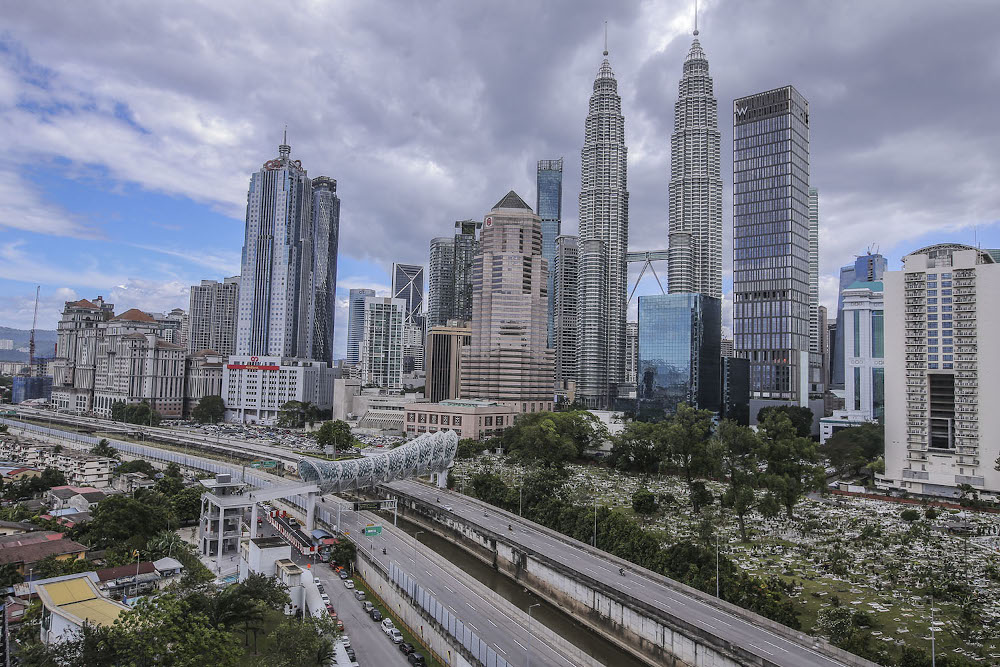KUALA LUMPUR, Sept 24 — Political interference has been singled out as one of the major impediments of past governance and anti-corruption reform efforts in the country during the previous Barisan Nasional (BN) administration, a World Bank report has said.
The “Enhancing Government Effectiveness and Transparency: The Fight Against Corruption” report said the National Integrity Plan (NIP) — introduced in 2004 — had limited impact as the focus was on advocacy rather than on bringing about structural changes.
“The anti-corruption institutions were focused on mid-level corruption rather than grand corruption involving the highest echelon of government leadership.
“The National Anti-Corruption Plan (NACP) for that reason has singled out political interference as one of the major impediments of past reform efforts.
“The interference affected prudence in administrative and financial management in areas such as public procurement and resulted in half-hearted implementation of reforms,” it said.
The NACP was developed to replace the NIP and was decided at the Cabinet’s Special Committee on Anti-Corruption (JKKMAR) meeting in June 2018 chaired by then prime minister Tun Dr Mahathir Mohamad of the Pakatan Harapan (PH) regime.
The World Bank report also chiefly stated that the anti-corruption institutional framework suffered from limitations, including a lack of independence and autonomy granted to key institutions mandated with the task.
“There was over-centralisation of power in the Executive, and both the Malaysian Anti-Corruption Commission (MACC) and the Attorney General’s Chambers lacked the independence to deal with grand corruption cases, such as the 1Malaysia Development Berhad (1MDB) and Felda (scandals) when they were initially unearthed.
“The MACC Act lacked the teeth to accord a mandatory minimum sentence for offenders, resulting in lighter punishments. The auditor-general’s reviews were limited to government agencies and auditing of GLCs and government-linked investment companies only in the event of a complaint,” it added.
It also said the Whistleblower Protection Act introduced in 2010 was incapacitated by the weak witness protection infrastructure despite being a positive move.
“Agencies tasked to oversee the whistleblower act and witness protection policy were placed under the Prime Minister’s Department and enforcement agencies.
“This institutional arrangement resulted in a low trust environment and the fear of retaliation by the very authorities against whom the complaints were likely to be registered,” the report added.
The report also said while efforts were made to limit the role of politicians in statutory bodies and GLCs with the introduction of the GLC Transformation Plan in 2008, political appointments continued to be made to board and chairman positions.
“However, transparency of board and senior management appointments with clear performance tied to these appointments remained elusive.
“Lack of institutionalisation of these reforms by way of law and regulations has resulted in the dismantling of some of the reforms previously introduced,” it adds.
Following the recent change in government in March which had resulted in the collapse of the PH regime, the report said it was crucial to maintain the momentum and continuity of the reforms around anti-corruption and governance.
“Further reforms, including, but not limited to, procurement, political funding, asset declaration, politically-linked board appointments in statutory bodies, and effectiveness of the oversight of regulatory bodies, need to be taken to their logical conclusion.
“Reforms carried out in the judiciary, Parliament, Election Commission and the public service provide a good foundation for institutionalising the changes.
“Reform efforts taking place at the federal level need to be cascaded to other levels of government, namely states and local authorities,” it said.



















